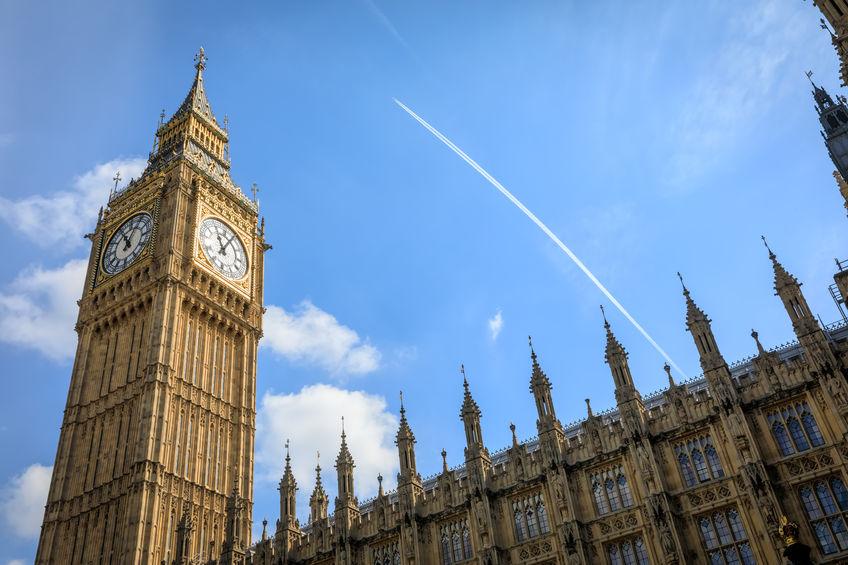Agriculture Bill clears Commons' second reading

Legislation seeking to transform British farming after the Brexit transition period has passed its second reading in the House of Commons.
The Agriculture Bill, first introduced to Parliament on 16 January, has moved a significant step forward, and will now enter the committee stage.
It passed the second reading last night (3 February) as MPs voted against an amendment to the Bill, tabled by Labour leader Jeremy Corbyn.
The amendment said the legislation 'fails to to provide controls on imported agricultural goods, such as chlorinated chicken, and does not guarantee the environmental, animal welfare and food safety standards which will apply'.
It was voted against by 320 to 206.
MPs have voted against an amendment to the Agriculture Bill, tabled by the Leader of the Labour Party @JeremyCorbyn.
— UK House of Commons (@HouseofCommons) February 3, 2020
It was voted against by 320 to 206.
The Bill has passed its second reading. pic.twitter.com/EDKvAId3bk
Defra Secretary Theresa Villiers opened the session with a speech setting out how the Bill will help safeguard nature in England.
She said it will protect the countryside, with the future Environmental Land Management scheme already being tested and trialled with farmers.
“For farmers, it will signal that the Common Agricultural Policy is on the way out, to be replaced by a better system of public money for public goods.
“I look forward to working with parliamentary colleagues to progress this Bill and write our new agricultural legislation into law,” she said.
The Agriculture Bill will replace the EU’s Common Agriculture Policy (CAP) with a system where farmers are rewarded with public money for public goods.
This includes payments for cleaner air and water or improved animal welfare standards.
At the same time, it seeks to boost productivity and maximise the potential of land for sustainable food production.
The legislation will now go to the committee stage, with report stage and third reading following this, before transferring to the House of Lords for further scrutiny.
Committee stage is where detailed examination of the Bill takes place. It usually starts within a couple of weeks of a Bill’s second reading, although this is not guaranteed.








